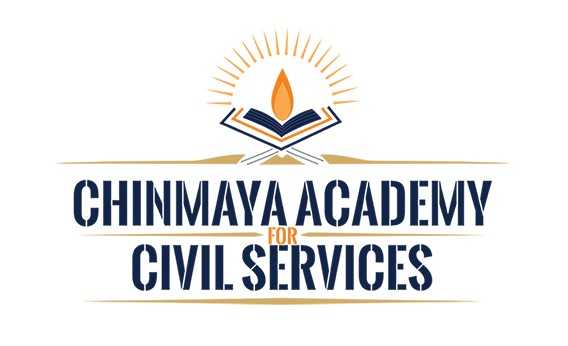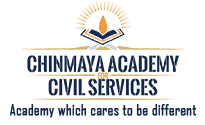Sociology is one of the most well-liked and sought-after subjects among UPSC CSE aspirants. It has substantial commonalities with the General Studies papers of the UPSC CSE. Candidates are required to study Sociology not only for the prelims but also for the Mains exam. Similarly, candidates are often asked questions appurtenant to this subject at the interview stage of this examination.
The general myth surrounding Sociology is that it is high scoring. The fact is that all optional subjects are equally scoring and beneficial for aspirants, provided their preparation meets the postgraduate level requirements. Hence, Sociology is a logical and sensible optional subject for most candidates who want to reduce their workload and optimally prepare for the exams. Please note that the level of questions on Sociology and related topics in the General Studies paper does not require specialisation in this subject. However, for the optional papers, specialised knowledge is necessary.


